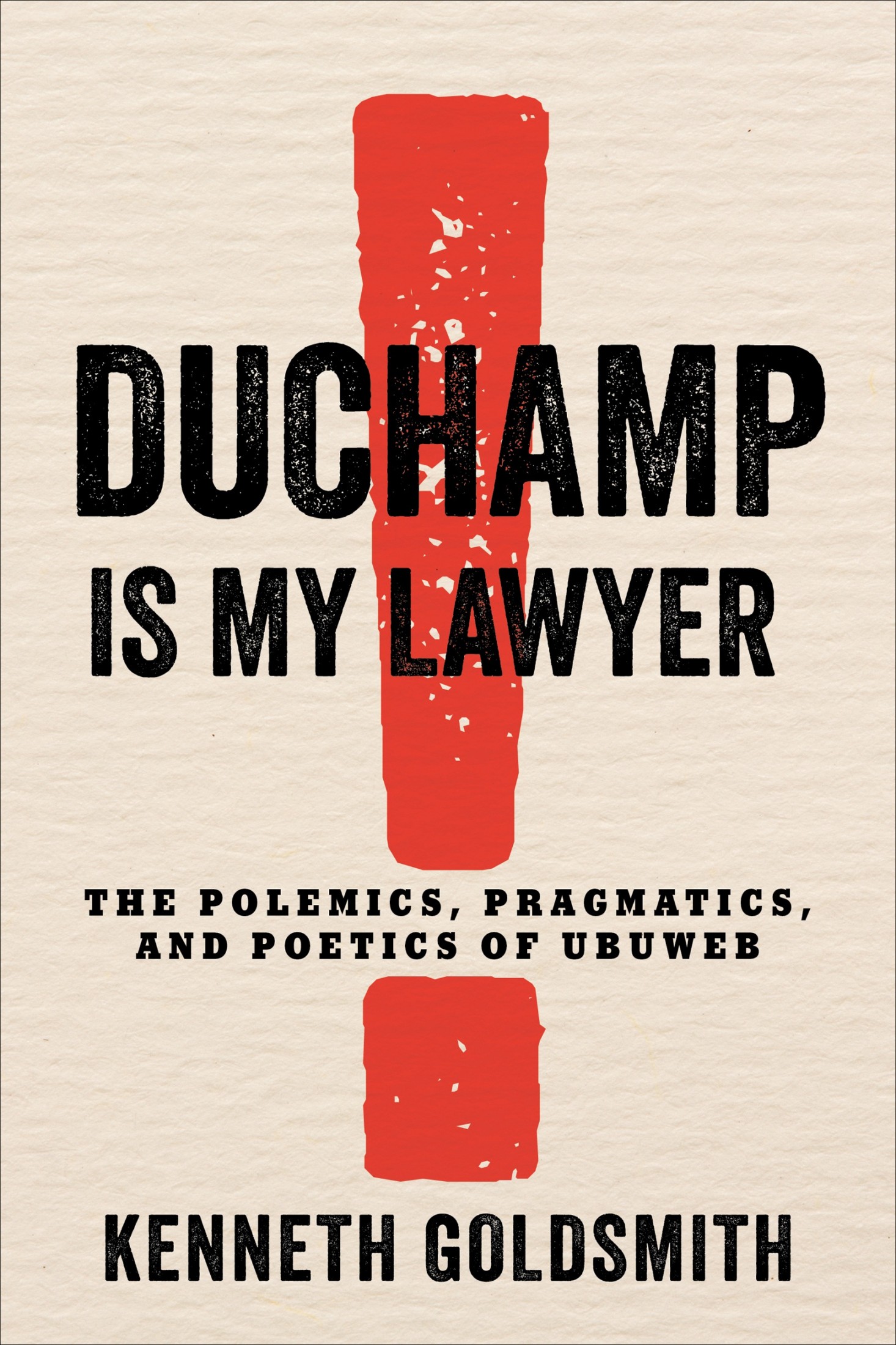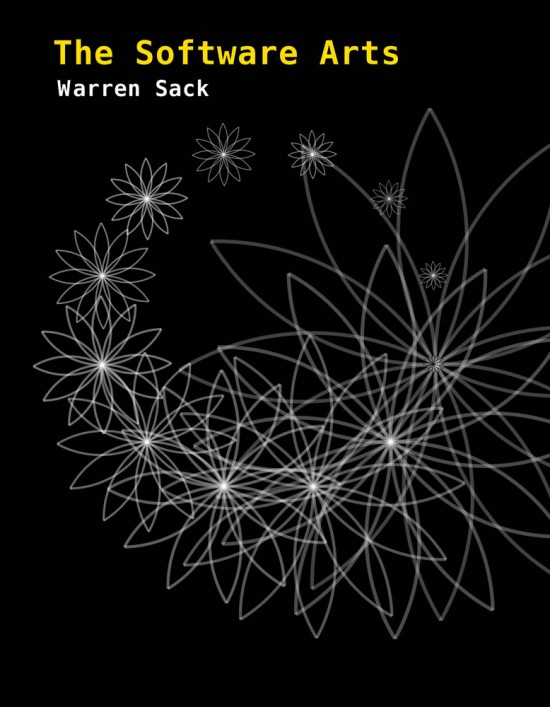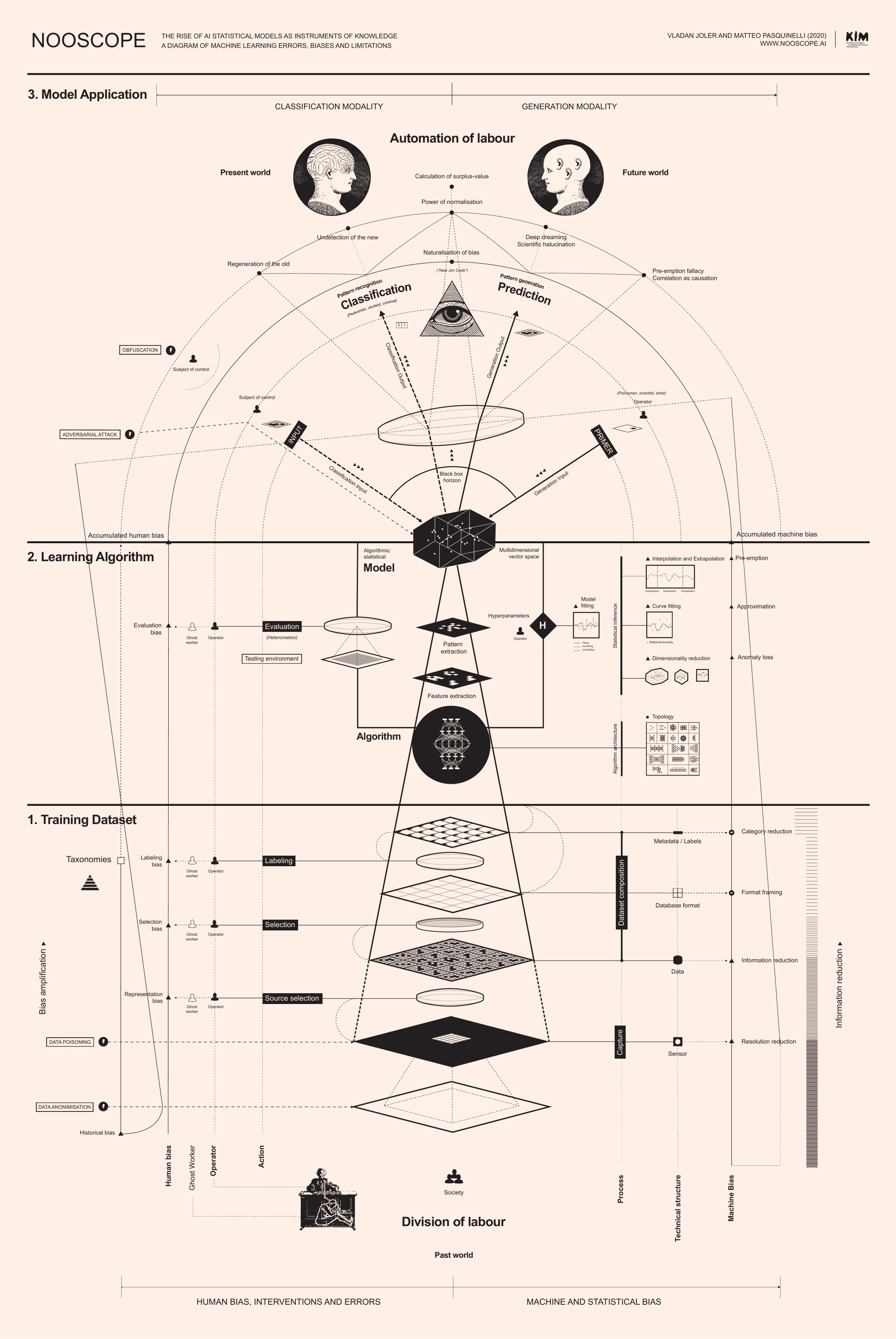Kenneth Goldsmith: Duchamp Is My Lawyer: The Polemics, Pragmatics, and Poetics of UbuWeb (2020)
Filed under book | Tags: · abstraction, algorithm, appropriation, avant-garde, collage, conceptual writing, concrete poetry, copyright, digital library, digitisation, language, modernism, noise, piracy, shadow library, sound poetry, ubuweb, video art, visual poetry

“In 1996, during the relatively early days of the web, Kenneth Goldsmith created UbuWeb to post hard-to-find works of concrete poetry. What started out as a site to share works from a relatively obscure literary movement grew into an essential archive of twentieth- and twenty-first-century avant-garde and experimental literature, film, and music. Visitors around the world now have access to both obscure and canonical works, from artists such as Kara Walker, Yoko Ono, Pauline Oliveros, Samuel Beckett, Marcel Duchamp, Cecil Taylor, Glenn Ligon, William Burroughs, and Jean-Luc Godard.
In Duchamp Is My Lawyer, Goldsmith tells the history of UbuWeb, explaining the motivations behind its creation and how artistic works are archived, consumed, and distributed online. Based on his own experiences and interviews with a variety of experts, Goldsmith describes how the site navigates issues of copyright and the ways that UbuWeb challenges familiar configurations and histories of the avant-garde. The book also portrays the growth of other “shadow libraries” and includes a section on the artists whose works reflect the aims, aesthetics, and ethos of UbuWeb. Goldsmith concludes by contrasting UbuWeb’s commitment to the free-culture movement and giving access to a wide range of artistic works with today’s gatekeepers of algorithmic culture, such as Netflix, Amazon, and Spotify.”
Publisher Columbia University Press, New York, 2020
ISBN 9780231186940, 0231186940
x+318 pages
Reviews: Raphael Rubinstein (Art in America, 2020), Jan Baetens (Leonardo, 2020), Mark Athitakis (On the Seawall, 2020), Nick Soulsby (PopMatters, 2020), Alexander Adams (2020), Tomáš Hudák (3/4, 2020, SK), Cécile Marie-Castanet (Critique d’art, 2020, FR), Georg Fischer (iRights.info, 2020, DE), Gill Partington (London Review of Books, 2021), Daniel Morris (Williams Review, 2021), Andrew S. Taylor (American Book Review, 2022), Roi Tartakovsky (Common Knowledge, 2023).
HTML (added on 2020-6-23)
EPUB (11 MB, updated on 2020-6-24)
Vladan Joler, Matteo Pasquinelli: The Nooscope Manifested: AI as Instrument of Knowledge Extractivism (2020)
Filed under essay | Tags: · algorithm, artificial intelligence, automation, data, knowledge, machine learning, statistics
“The Nooscope is a cartography of the limits of artificial intelligence, intended as a provocation to both computer science and the humanities. Any map is a partial perspective, a way to provoke debate. Similarly, this map is a manifesto — of AI dissidents.”
“The Nooscope is a visual manifesto of AI as instrument of knowledge extractivism. The Nooscope is also an experiment in academic publication and critical tools for AI studies. The large diagram and the essay can be browsed online or downloaded in PDF format and printed on a large scale.”
Publisher KIM research group, Karlsruhe University of Arts and Design, Karlsruhe, and Share Lab, Novi Sad, 1 May 2020
Open access
Diagram & Essay HTML
Diagram PDF
Essay PDF
Warren Sack: The Software Arts (2019)
Filed under book | Tags: · algorithm, art history, big data, computing, history of technology, language, logic, programming, software, software art, software studies, translation

“In The Software Arts, Warren Sack offers an alternative history of computing that places the arts at the very center of software’s evolution. Tracing the origins of software to eighteenth-century French encyclopedists’ step-by-step descriptions of how things were made in the workshops of artists and artisans, Sack shows that programming languages are the offspring of an effort to describe the mechanical arts in the language of the liberal arts.
Sack offers a reading of the texts of computing—code, algorithms, and technical papers—that emphasizes continuity between prose and programs. He translates concepts and categories from the liberal and mechanical arts—including logic, rhetoric, grammar, learning, algorithm, language, and simulation—into terms of computer science and then considers their further translation into popular culture, where they circulate as forms of digital life. He considers, among other topics, the “arithmetization” of knowledge that presaged digitization; today’s multitude of logics; the history of demonstration, from deduction to newer forms of persuasion; and the post-Chomsky absence of meaning in grammar. With The Software Arts, Sack invites artists and humanists to see how their ideas are at the root of software and invites computer scientists to envision themselves as artists and humanists.”
Publisher MIT Press, 2019
ISBN 9780262039703, 0262039702
xx+375 pages
PDF (19 MB)
Comment (0)

